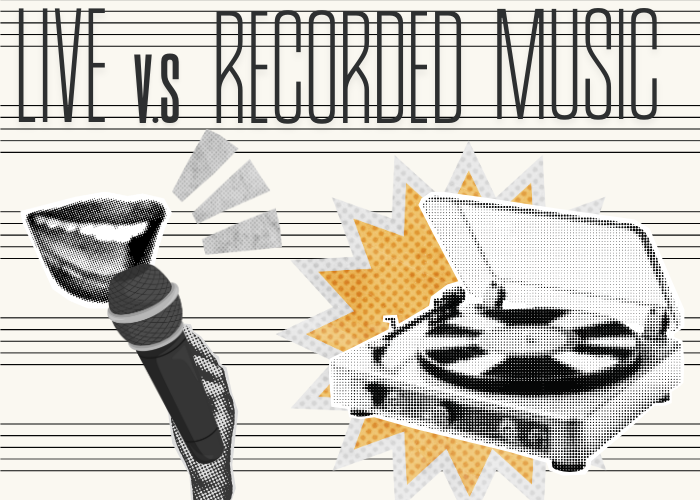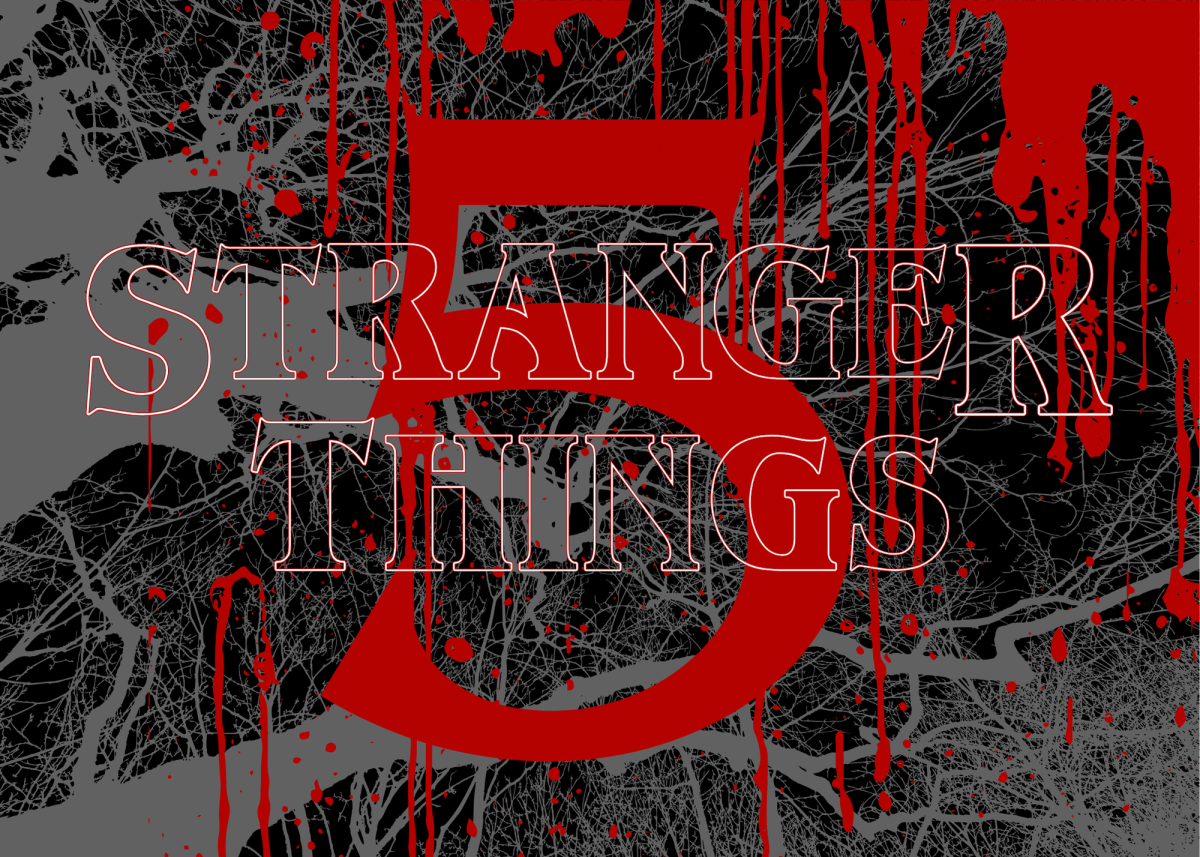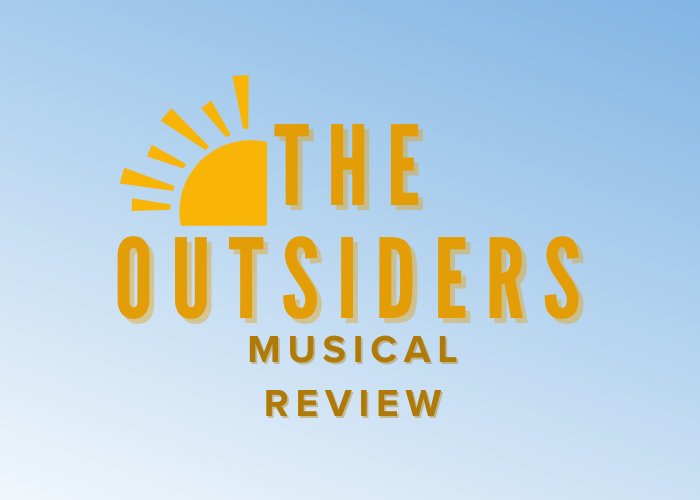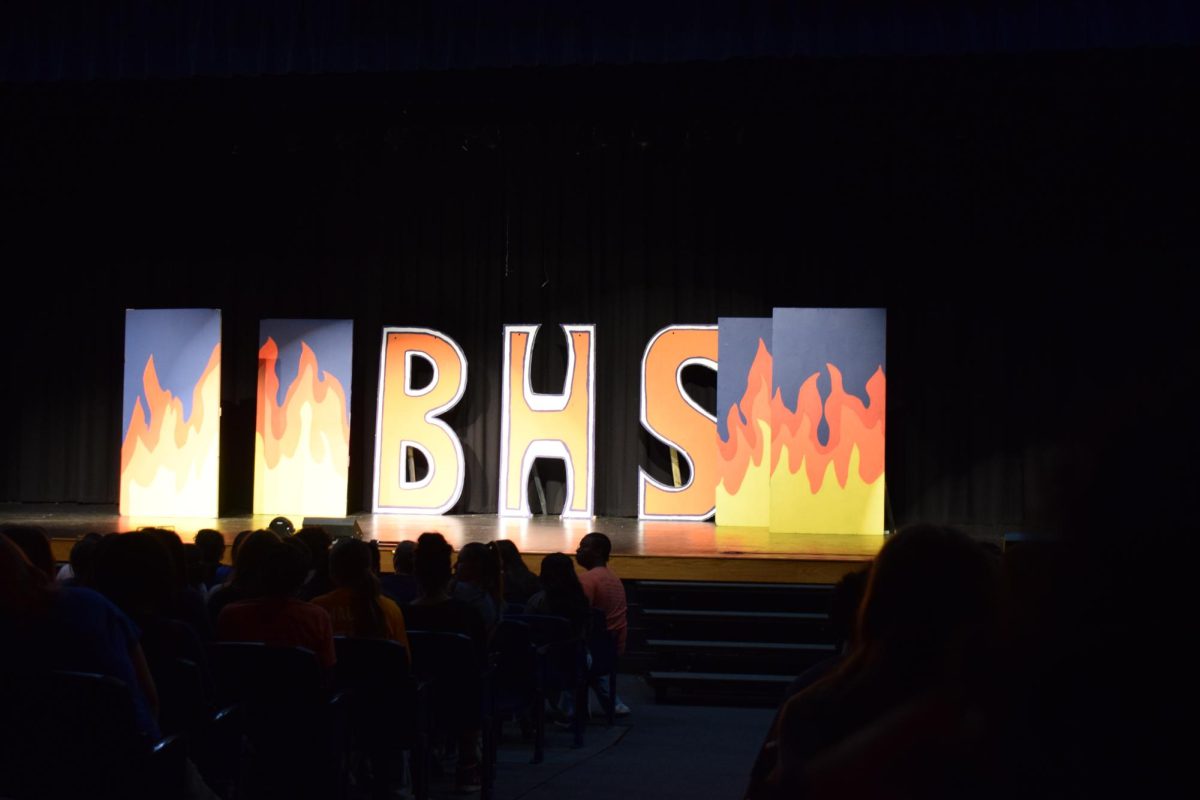Music over the years has been enjoyed in different forms of expression, whether the genre is country, gospel, rock, hip-hop, or more. Musical access is flexible to the listeners’ wants or needs, whether it’s through headphones, played on a radio, or sung right in front of them on TV or in person. Music is a popular form of expression and entertainment. It has always been questioned which variation of music is best to listen to.
In London, the first informational public performance concerts marked the age of live music in the 17th century. Composers and opera singers gained fame in the 19th century with the evolution of live music. The modern concerts we know today diverged from the 20th-century rise of rock ‘n’ roll, where iconic show venues like Shea Stadium hosted performances in 1965. The Modern Era reflects the changing platform of music as it emerged from the efforts of its origins. Recorded music first appeared in the 19th century, a little later than live music, with notable growth throughout the Industrial Revolution. In 1860, a comprehensible record of human voices was created using a phonautograph, a sound recording technology developed by Thomas Edison in 1877. By the 20th century, recording devices had progressed remarkably with the establishment of recording industries across the world, especially in Europe and the U.S.
Experiential differences:
Live music has more appeal because of the elements of the stage show wrapped in a once-in-a-lifetime moment to hear the raw, unedited, or non-autotuned voice of a singer someone favors.
Recorded music is available anywhere and everywhere.
There is a stronger emotional response to live music due to the electrifying experience that can’t be reenacted in a recording.
People often turn to recorded music to reminisce about the amazing performance they were able to witness.
Although recorded music still enjoys increased popularity, it receives feedback responses from users about more specific and personally selected music of their liking. Recorded music gives you the choice of listening to live music without being present and the ability to hear the variety of records produced in the studio.
The aspect of recorded music is influenced by the mass availability of streaming services, which are often free, with only the cost of advertising.
Although the ambiance and excitement can be worth it, live music is generally more expensive due to the costs associated with concert requirements.
It has been scientifically stated that human brains react differently to hearing live music, as it stimulates the amygdala in the brain more than recorded music, allowing listeners to analyze tempo and pitch better, which contrasts with recorded music’s impact.
Quotes
“Both are good. They both have their own interests,” said junior Braedon Holliman.
“With live music, you can enjoy the view and hear better,” said junior Barbara Mrlo.
Final inquiries
The debate between the two seems to favor live music. In the end, both platforms for music are good and depend on the obligations and wishes of listeners. Live music is more favored by the evidence of science, which suggests that live music is not just enjoyed more for the music itself, but also for the shared moments between friends, strangers, and family that can’t be replicated in human memory. Live music is deemed better based on opinions and technical reasons.






















